Welcome to our overview of regulation
- In this section, you will learn
- What regulation is
- How the nervous system helps us respond to the world
- How to strengthen the nervous system to regulate better

WHAT IS REGULATION?
The autonomic nervous system
- The autonomic nervous system helps our bodies regulate.
- It has two parts: the sympathetic and parasympathetic nervous systems.
- They work together to help us respond to the world around us.
- They are like our body’s gas pedal and brake pedal.
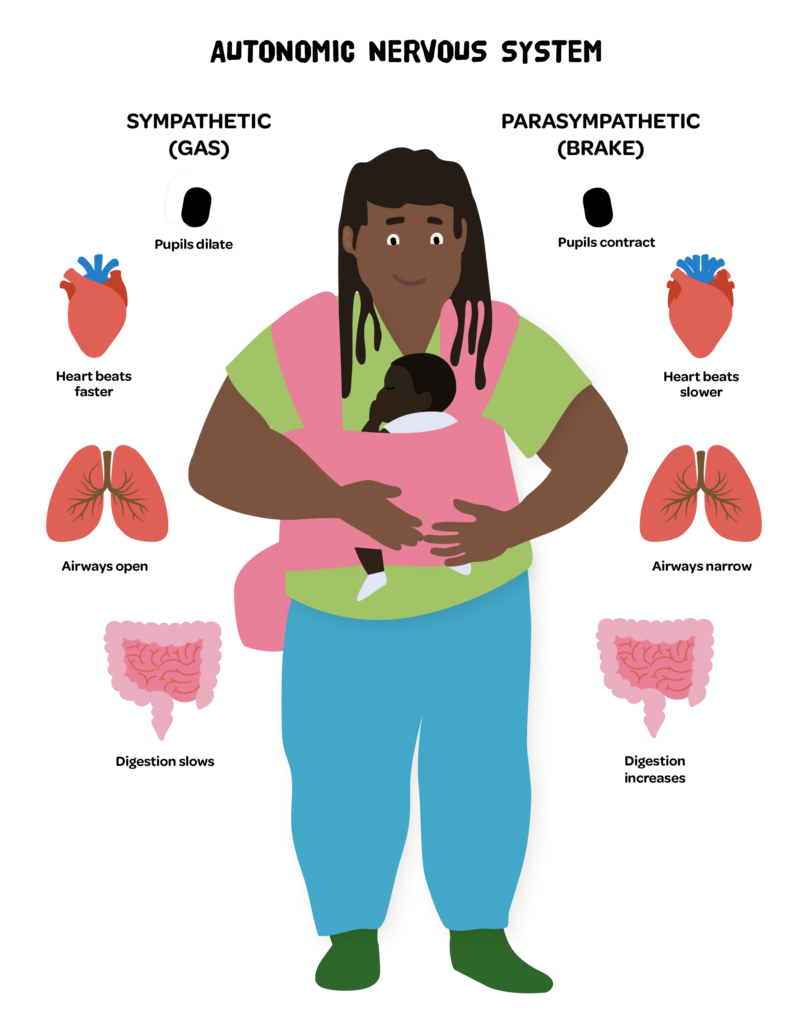
The gas pedal:
Sympathetic Nervous System
The gas pedal gets us ready to be more active.
- Our heart beats faster. This lets oxygen move quickly around our body.
- Our breathing gets faster. This brings in more oxygen for the body.
- Our blood is sent to our large muscles (thighs, biceps, core, etc.). This gets them ready to move quickly.
- Our pupils dilate. This lets us see more of what's around us.
- We might sweat. This cools down our body.
A little bit of gas helps us get out of bed, be a safe driver, and pay attention in class.
A lot of gas helps us do great in a sporting event, run away from danger, and protect the people we love.
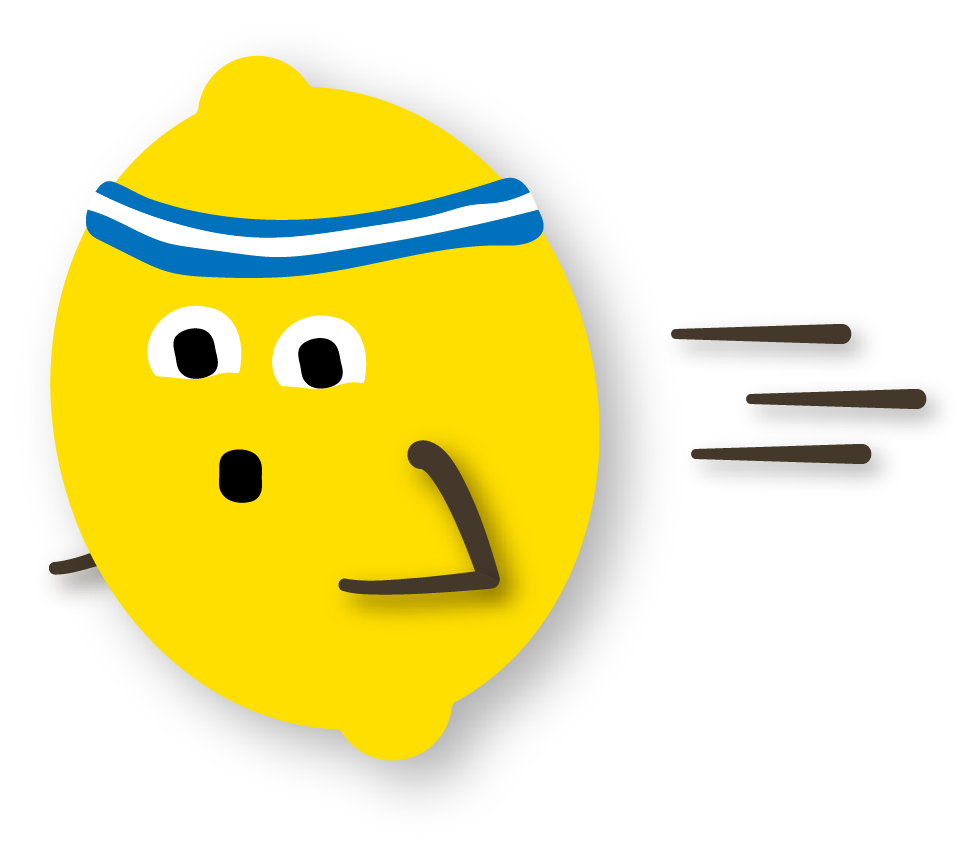
The Break Pedal:
parasympathetic nervous system
The brake pedal helps us rest, slow down, and recover.
- Our heart beats slower. This lets the heart rest and makes each pump stronger.
- Our breath is slower and deeper. This lets more oxygen enter and gets rid of more carbon dioxide.
- Our small blood vessels get bigger. This lets blood and oxygen travel around the body more easily.
- Our pupils constrict. This reduces how much light and information enters our brain.
- Our digestive system processes food.
Braking a little helps us think through options, sit still in class, and respond calmly when we’re frustrated.
Braking a lot helps us fall asleep at night and recover after exercising.
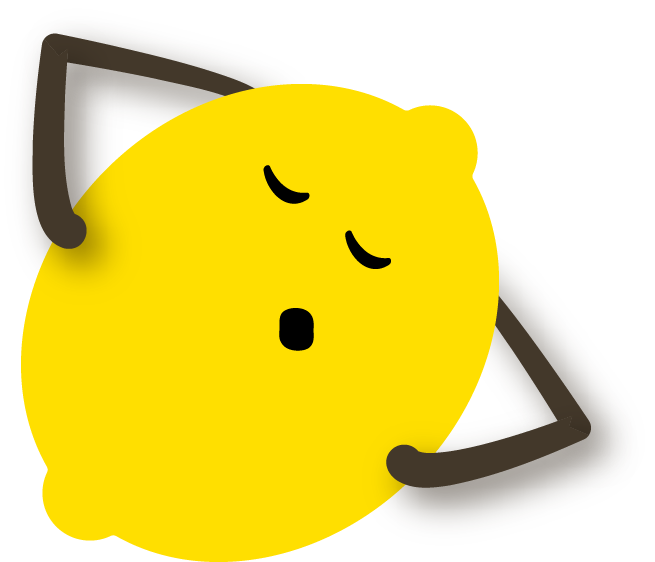
GAS, BRAKE, AND REGULATION
A well-regulated body has a strong gas and brake pedal. We use our gas to perform when needed and our brake to rest and recover. Click below to read more:
When the gas pedal is on for too long, it becomes stronger than the brake pedal. This makes it hard to pause and think through our actions. We might
- feel fidgety
- get easily distracted
- have little patience for the people around us
- yell or have big reactions to minor stressors
- have trouble sleeping
- have stomach pain, headaches, fatigue, or illness
When the brake pedal is on for too long, it becomes stronger than the gas pedal. This can make it hard to move and do important things. We might
- have a hard time getting out of bed
- feel foggy
- have trouble focusing
- feel slow or sluggish
- not want to do things we usually like
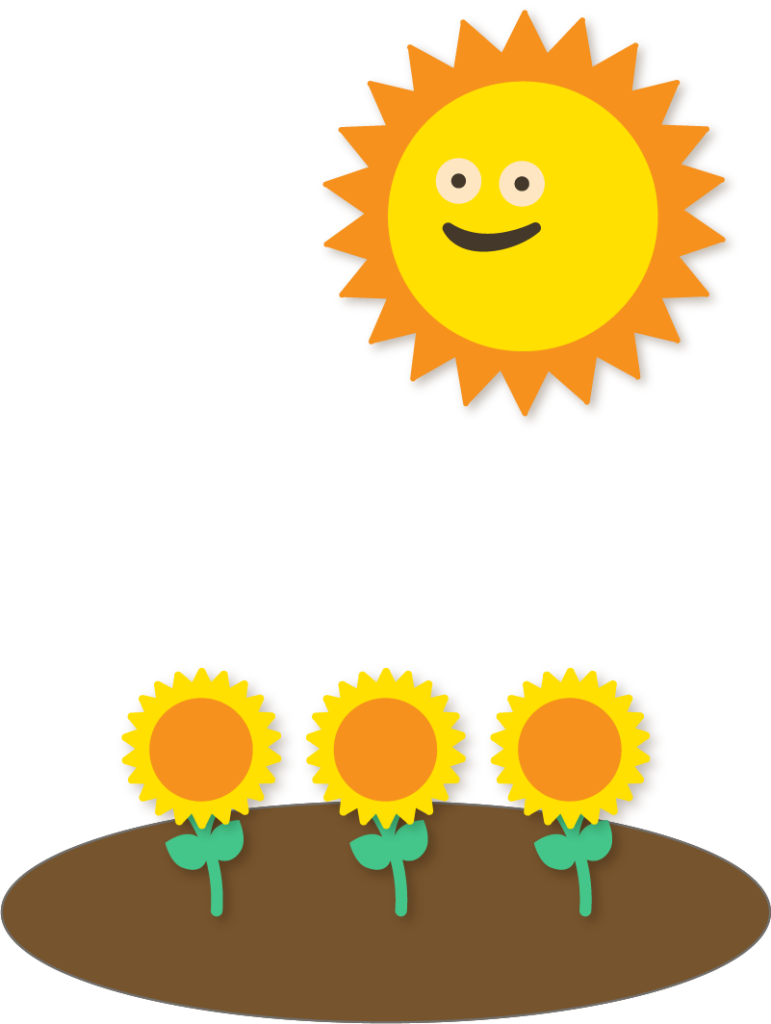
How to strengthen the pedals
- When we notice one of our pedals is too strong, we have to work to strengthen the other.
- If our gas pedal is too strong, we can practice calm breathing, calm activities, calm mind, and calm bodies.
- If our brake pedal is too strong, we can practice energizing breathing and activities.

caregiver Voices
Other caregivers share how they use regulation at home:
“A lot of the skills that I learned that really, really helped with my kids has to do with the coping and relaxing, the calming. That’s something that we can all do together. Since I’m a naturally anxious person it’s something that winds all of us down. It’s really, really important for us. The flower and birthday cake, where you smell the flower and then blow out the birthday cake candles. That’s the number one thing that we use in this house.”
“To this day, she will tell me ‘grandma if you’re frustrated you need to smell the flowers and blow out the birthday candles.’ She loves that. And I love the cool downs too, that really helps. She’s a lot better at controlling her emotions. […] even telling me ‘Grandma, I know you’re frustrated but try this, this works for me.’”
“Before I would just get a little frustrated or flustered and just really kind of stopped communicating, but now, just being able to verbalize how I’m feeling, or how I think the child is feeling helps co-regulate. […] I model how I calm myself down and help redirect both of us to something different.”
Hooray! You've learned a new skill: Regulation
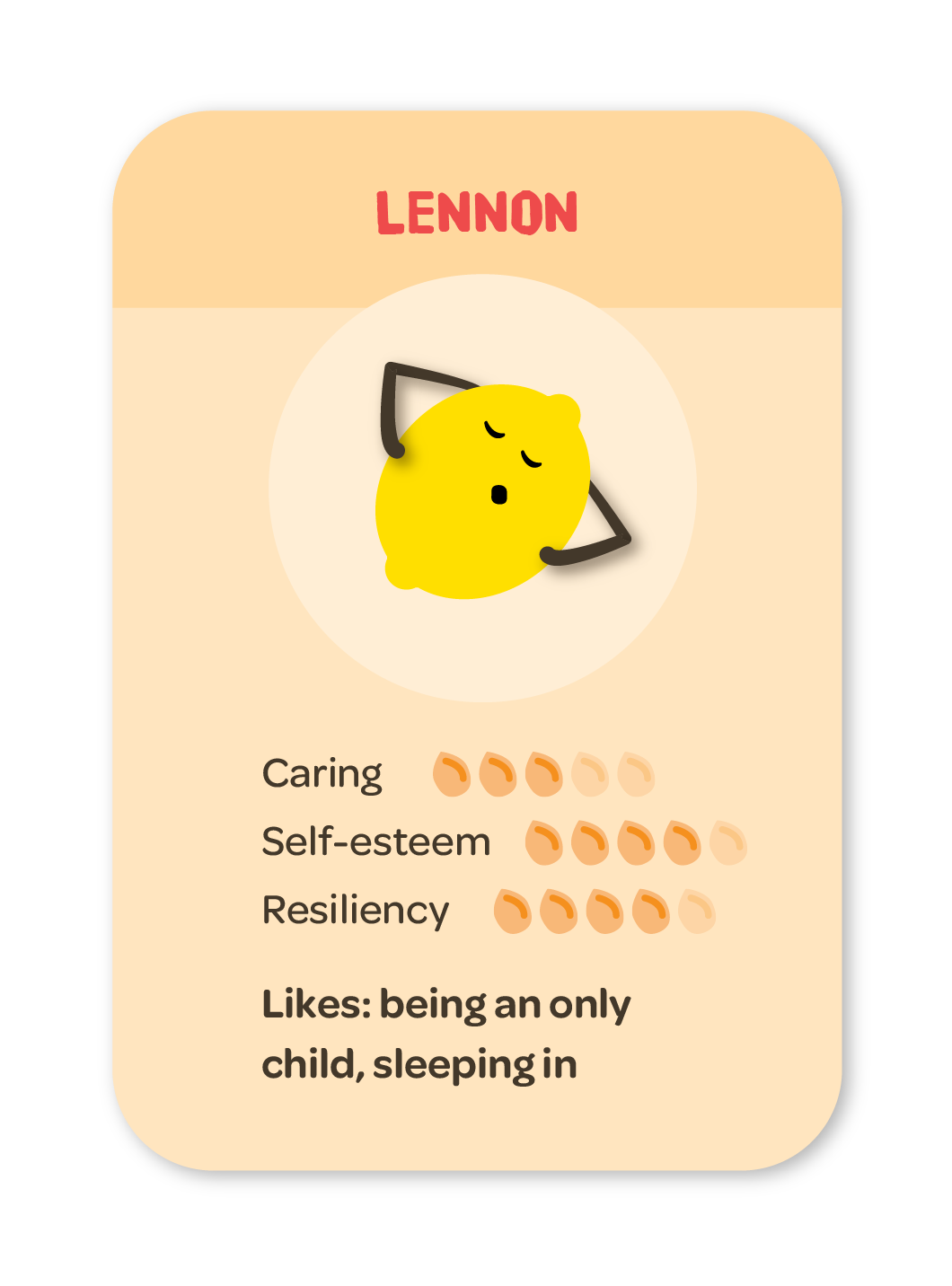
Login/Enroll to track your progress and mark this lesson complete.


